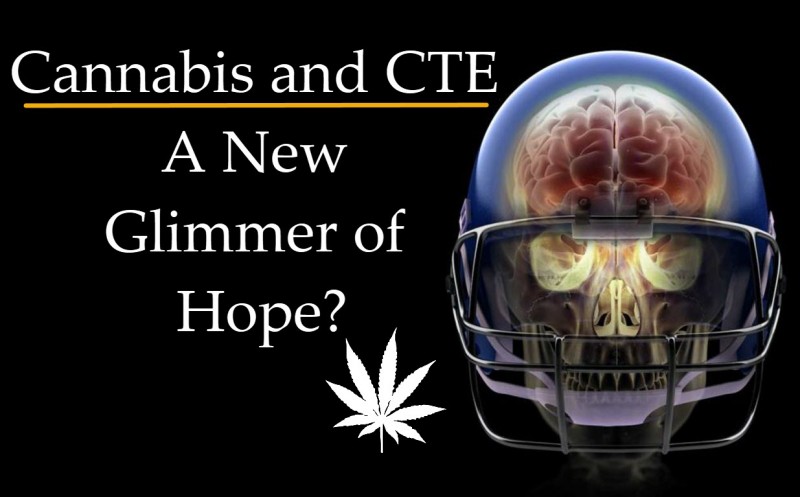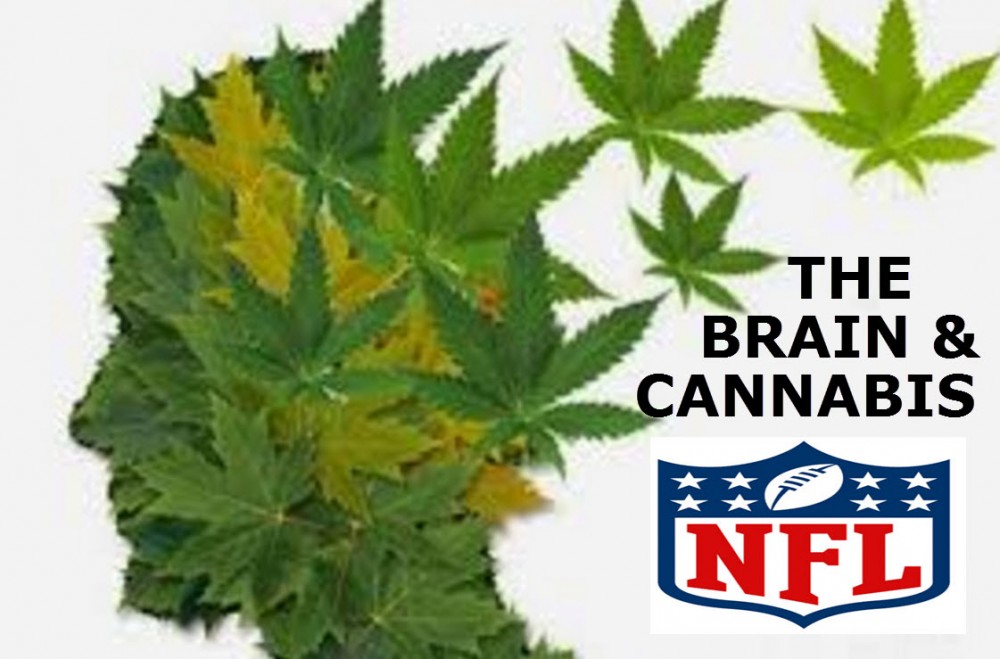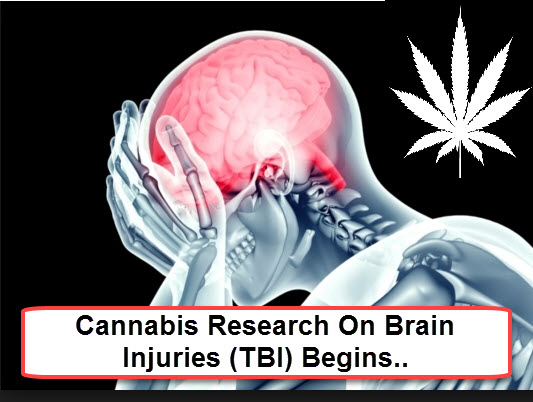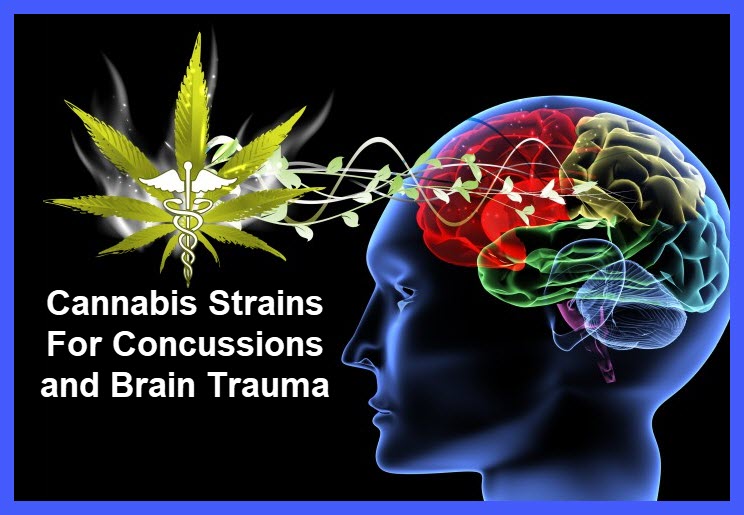Cannabis and CTE: a glimmer of hope?
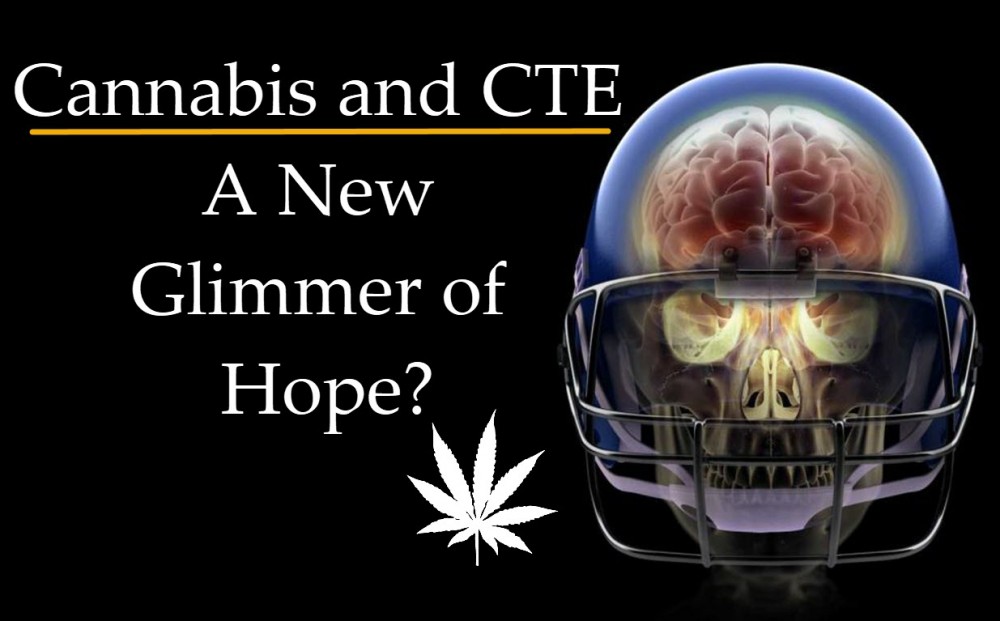
The potential of cannabis as a therapeutic agent in the treatment of several medical conditions is one of its attributes that makes it so valuable. With the significant advancements in medical research and studies the value of cannabis has risen astronomically in the medical world as more and more are learning and seeing the role cannabis can play in the treatment of several ailments. One of the medical conditions that research shows cannabis can play a significant role in is Chronic Traumatic Encephalopathy (CTE). CTE, a medical condition of the brain first described by Dr. Harrison Martland as the 'punch-drunk syndrome' in 1928. Until recently there hasn't been much advancement in the studies of CTE due to a lot of reasons chief of which is the limited number of confirmed cases. For over half a century after CTE was first described there were less than 50 confirmed cases and this was one of the major reasons why much hadn't been done. However, all this changed in 2005 when the first evidence of CTE in a professional football player(Mike Webster, an ex-player for the Pittsburgh steelers) was published. This discovery among others was the major catalyst that led to the VA-BU-CLF partnership (Boston university, concussion legacy foundation, ad the United States dept. Of veterans affairs). This partnership has been fundamental in the total revolution CTE has enjoyed recently. The work accomplished by the foundation has served as the benchmark for several works of research and clinical studies aimed at managing and effectively treating the degenerative brain disorder, CTE.
A closer look at CTE
Chronic Traumatic Encephalopathy (CTE), a degenerative brain disorder that majorly plagues individuals that have suffered consistent or repeated brain trauma. This condition is prevalent amongst victims of domestic abuse, military personnel, athletes (especially contact sports), boxers, and so on. There have been cases of CTE recorded in ages as low as 17 even though the individuals are not necessarily symptomatic until after a few years. In individuals suffering from CTE, clumps of the body protein 'Tau' are slowly formed and over time these spreads across the structure of the brain, killing cells of the brain in the process.
Currently, all research available points to repeated head trauma as the sole cause of CTE. It should be noted that 'repeated head trauma' in this context isn't referring to a couple of concussions. Individuals referred to are those who have suffered several hundred to thousands of head collisions over the course of several years. It has been shown that these head collisions don't necessarily have to cause full-blown concussions as the biggest causative factor of this condition has been shown to be sub-concussive hits (mild hits that don't cause concussion).
The symptoms of CTE don't show immediately, research shows that in most cases individuals start to display certain symptoms mostly in their mid-twenties to early thirties. The most common of symptoms displayed include:
Erratic mood changes
Depression
Impulse control disorder
Paranoia
Confusion
Progressive dementia
Memory loss
Impaired judgment, and so on.
Studies show that these symptoms often occur in stages, with the cognitive related symptoms occurring well after the mood and behavioral ones.
How is CTE diagnosed?
The diagnosis of CTE can currently only be done via brain tissue analysis. It should also be noted that this analysis can only be carried out after death. The principle of this diagnostic process is relatively straightforward, CTE is manifested via clumps of Tau protein, so to diagnose it brain surgeons specialized in this study brain tissues of the patient to detect the presence of Tau protein clumps that exist in patterns peculiar to CTE. This process is a very complex one and it often takes a couple of months before conclusive answers are gotten. Prior to now, there were only a handful of physicians that can diagnose the condition but with the extensive works of research conducted by the VA-BU-CLF, the number of doctors able to diagnose the condition has increased considerably. Currently, several neuropathologists knowledgeable about brain disorders can effectively diagnose CTE presence and this has greatly increased the chances of further growth in the process of finding a lasting solution to the condition.
How Cannabis May Help Those with CTE
The impact cannabis can have on CTE patients has been under study for quite some time and based on current indications the effects of cannabis on CTE patients are highly individualistic. Every human has a unique endocannabinoid system and as such the level of interaction and responses of each person to cannabinoids varies widely. However, despite this variability, it has been shown that cannabis can help in the management of CTE via:
Mitigating post-traumatic convulsions or seizures
Reduction of anxiety levels
Reducing neurological motor impairments
The improvement of sleep quality
Enhancement of mental state
Anger management
Overall improvement in life quality, and so on.
Extensive studies carried out in 2014 also show that cannabis use can play a very significant role in the management of TBI (traumatic brain injury). It was shown that cannabis consumption can help reduce the rate of mortality in TBI patients. The study further went on to allude that individuals who consistently consume cannabis are less susceptible to suffer TBI as a result of repeated head trauma. This assertion makes the case for cannabis as not just an agent for the management of the condition but also has a preventative substance. And although more scientific studies are still ongoing to validate this claim a lot of experts are optimistic favorable results are to be expected. Head trauma leads to the production of excessive extracellular glutamate (a toxic substance), a condition referred to as excitotoxicity. And based on the results of recent works of research it was shown that CBD can help prevent glutamate toxicity via the reduction of hydroperoxide toxicity in the CNS. It has also been shown via subsequent studies that cannabis can play a role in the treatment of Apoptosis, Neuroinflammation, and Cerebrovascular breakdown.
Bottom line
Despite all that has been unearthed about CTE and cannabis there is still so much that remains unknown. Chronic Traumatic Encephalopathy (CTE) is a unique disorder of the brain and although we're not quite at the stage where a cure is available, through cannabis the chances of that being a possibility someday are greatly enhanced.
CANNABIS FOR BRAIN INJURIES, READ MORE...
CANNABIS AND BRAIN INJURIES IN THE NFL, DOES IT HELP?
OR..
CANNABIS FOR TBI HEAD INJURIES AND CONCUSSIONS

